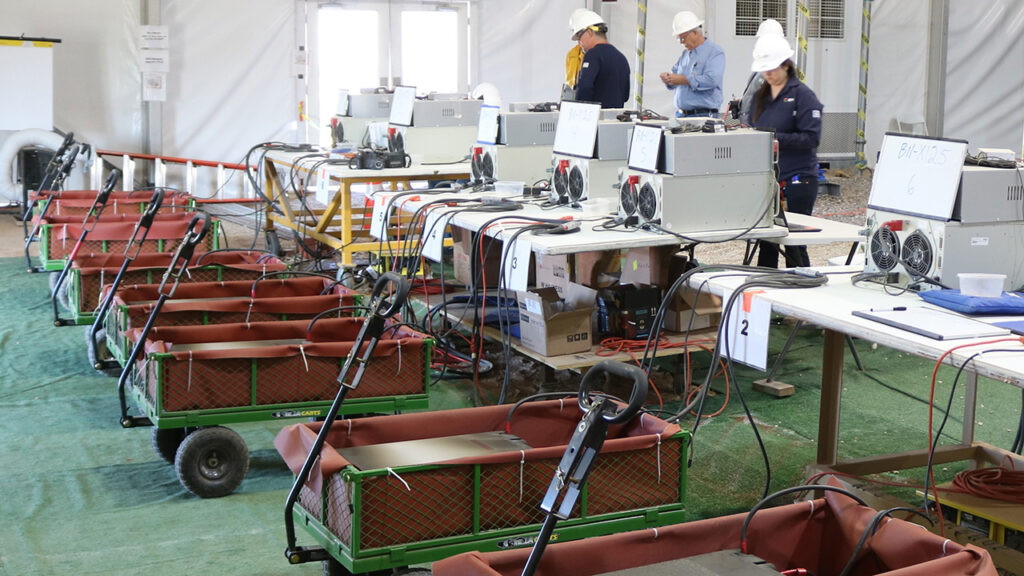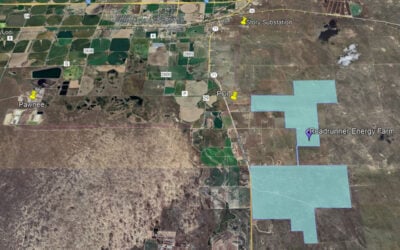
Battery storage failure incidents have dramatically decreased in frequency in the last few years, but the industry still needs to be more transparent and share data when incidents occur.
That’s a key takeaway from a new joint study published yesterday (15 May) by the US Electric Power Research Institute (EPRI), Pacific Northwest National Laboratory (PNNL) and data analytics provider TWAICE.
Enjoy 12 months of exclusive analysis
- Regular insight and analysis of the industry’s biggest developments
- In-depth interviews with the industry’s leading figures
- Annual digital subscription to the PV Tech Power journal
- Discounts on Solar Media’s portfolio of events, in-person and virtual
Or continue reading this article for free
Claimed as the first publicly available analysis of battery energy storage system (BESS) failures, the work is largely based on EPRI’s BESS Failure Incident Database and looks at the root causes of a number of events inputted to it.
The authors said the report is an attempt to help mitigate issues and concerns around BESS performance and safety, identifying gaps that need to be addressed.
The rate of failure incidents fell 97% between 2018 and 2023, with a chart in the study showing that it went from around 9.2 failures per GW of battery energy storage systems (BESS) deployed in 2018 to around 0.2 in 2023.
But when failures have occurred there is often a lack of transparency around root causes leading to a lack of understanding on how to deal with them as an industry.
For instance, while the safety of lithium batteries is often called into question in the wake of fires or explosions, the report found that 65% of incidents could be linked to operation and integration of batteries, and just 11% were caused by failures of battery cells or modules.
However, no public resource exists that categorises failure events by their cause, while in the US, there are no requirements anywhere at federal, state or local jurisdiction level for incident reporting. There are often even legal barriers that prevent details of detailed root cause analysis from being made public even where they have been carried out.
The report did note however that for events logged prior to 2017, any sort of root cause indication was rare, and was less so the case after 2018. The industry matured around the 2017-2018 timeframe, when annual BESS deployments worldwide surpassed a gigawatt for the first time, marking the “advent of the commercial BESS industry,” as the report put it.
Reluctance from battery OEMs and integrators keeps transparency limited, and the authors found that out of 81 incidents on the database, sufficient information to assign a root cause was made public for just 26 of them.
Classification of incidents recommended
Classifying failure events by their causes would enable better understanding of how they occur, which components are most often the cause, and further the knowledge of both technical and non-technical stakeholders, the authors argued.
The report gave five possible categories of root cause: design, manufacturing, integration, (including assembly and construction) and operation. Three separate categories of system element meanwhile can be identified in each case: cells/modules, controls and balance of system (BOS).
Among elements, BOS failures, which can include power conversion system (PCS), thermal management and other non-battery hardware, were the most common cause along with controls. Among root causes, it is in integration, assembly and construction where the majority of failures originate.
New projects are the most likely to experience a failure, with 72% of incidents occurring during construction, commissioning or within the first two years of operation.
The full report can be downloaded from the EPRI website.






